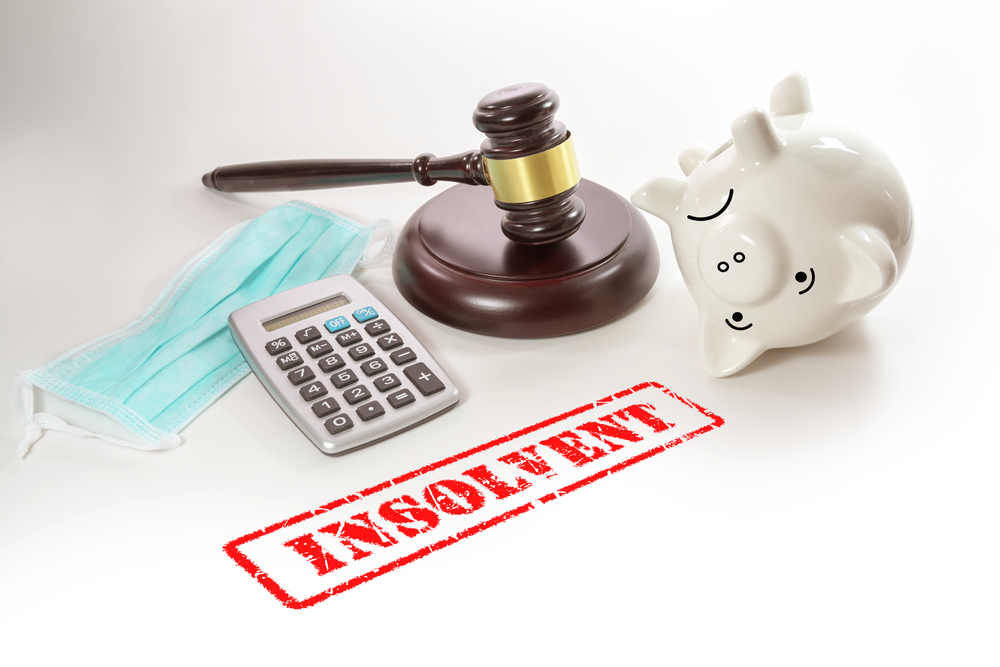Closing a business involves a series of complex steps, particularly for directors seeking to manage the process while avoiding legal pitfalls. One of the most severe accusations that can arise during company dissolution is fraudulent trading. This article will explore how to navigate the dissolution process ethically and avoid allegations of fraud, ensuring you meet all legal compliance requirements.
What Is Fraudulent Trading?
Fraudulent trading occurs when a business continues to operate with the intent to defraud creditors or with no reasonable prospect of paying its debts. Under UK law, this is a serious offence that can lead to:
- Financial penalties.
- Disqualification of directors.
- Personal liability for company debts.
- In severe cases, criminal prosecution.
Understanding the legal boundaries is essential to protect yourself and your business.
Key Risks During Company Dissolution
- Trading While Insolvent
Continuing to trade while the business is insolvent—unable to pay its debts—can lead to accusations of fraudulent trading.
- Misrepresentation of Financial Position
Failing to disclose the company’s true financial position to creditors or stakeholders is a common red flag for investigators.
- Preferential Payments
Making payments to certain creditors while ignoring others can appear as an attempt to defraud. This practice, known as preference, is strictly monitored during liquidation.
- Inadequate Record-Keeping
Poor documentation of transactions, debts, and assets can make it difficult to defend against fraudulent trading accusations.
Steps to Avoid Fraudulent Trading Accusations
- Recognise Insolvency Early
Understanding the signs of insolvency is the first step to staying compliant. Indicators include:
- Inability to pay debts when due.
- Liabilities exceeding assets on the balance sheet.
- Persistent creditor demands for payment.
- Cease Trading Immediately
If the company is insolvent, stop trading to minimise further liabilities. Continuing to operate under these circumstances increases the risk of legal risks.
- Communicate with Creditors
Transparency is critical during dissolution. Inform creditors of the company’s financial position and work with them to negotiate realistic solutions, such as payment plans.
- Seek Professional Advice
Engage insolvency practitioners or legal advisors who specialise in business dissolution. They can guide you through compliance requirements and ensure you follow the proper procedures.
- Maintain Accurate Financial Records
Good record-keeping is crucial. Document all transactions, communications with creditors, and steps taken to address insolvency. This helps demonstrate your commitment to compliance and ethical practices.
- Avoid Preferential Treatment
Treat all creditors equitably to avoid accusations of favouritism. Payments should follow a structured plan overseen by insolvency practitioners.
Understanding Directors’ Responsibilities
As a company director, you bear significant responsibility for ensuring compliance during dissolution. Failing to meet these obligations can result in personal liability for company debts, even if fraudulent trading is not proven.
Key Responsibilities
- Acting in the best interests of creditors.
- Avoiding conflicts of interest.
- Ensuring compliance with legal obligations under the Insolvency Act 1986.
The Role of Insolvency Practitioners
Insolvency practitioners play a pivotal role in helping businesses navigate the liquidation process while avoiding allegations of fraudulent trading. They assist with:
- Assessing the company’s financial status.
- Communicating with creditors.
- Managing asset sales and debt settlements.
- Filing necessary paperwork to ensure legal compliance.
How to Build a Robust Dissolution Strategy
- Develop a Compliance Strategy
A strong compliance strategy helps mitigate risks during dissolution. Include steps such as:
- Regular financial audits.
- Clear communication channels with stakeholders.
- Detailed action plans for addressing insolvency.
- Prioritise Ethical Decision-Making
Directors should always act in good faith, prioritising transparency and fairness. Ethical practices are critical to avoiding accusations of fraud.
- Consider Alternative Solutions
In some cases, dissolution may not be the only option. Alternatives like company restructuring or voluntary agreements with creditors can help address liabilities without closing the business.
Case Study: Avoiding Fraudulent Trading Allegations
A retail company in Leeds faced mounting debts and opted for voluntary liquidation. By hiring an insolvency practitioner early, they:
- Ceased trading immediately to minimise further liabilities.
- Communicated openly with creditors, securing agreements for fair debt settlements.
- Maintained meticulous financial records to demonstrate their compliance.
This proactive approach allowed the directors to avoid fraudulent trading allegations and preserve their professional reputations.
Common Pitfalls to Avoid
- Delaying Insolvency Action
Prolonging the decision to address insolvency only worsens the situation. Early intervention is critical.
- Favouring Certain Creditors
Making payments to preferred creditors while ignoring others is a red flag for investigators.
- Lack of Professional Guidance
Navigating the dissolution process without expert advice increases the likelihood of mistakes that could lead to legal scrutiny.
When to Seek Legal Support
If you suspect your company is approaching insolvency, seeking legal and financial guidance is essential. Professionals can help you:
- Assess the company’s financial health.
- Develop a compliant dissolution strategy.
- Manage communications with creditors and stakeholders.
Future Strategy offers expert support for directors facing challenging dissolution processes. Our team ensures you meet all compliance requirements while safeguarding your personal and corporate interests.
Calls to Action
- Concerned about fraudulent trading during your company’s dissolution? Contact Future Strategy today for expert advice.
- Visit FutureStrategy.co.uk to learn more about our tailored services for business closure and compliance.
- Schedule a free consultation now and protect your business and reputation from unnecessary legal risks.
Conclusion
Avoiding fraudulent trading accusations during company dissolution requires a proactive and ethical approach. By recognising insolvency early, seeking professional advice, and adhering to legal compliance, directors can mitigate risks and close their businesses responsibly.
At Future Strategy, we provide comprehensive support for directors navigating the complexities of business dissolution. From compliance planning to creditor negotiations, our expertise ensures a smooth and secure closure process.
Take the first step towards a compliant business closure—reach out to Future Strategy today.





